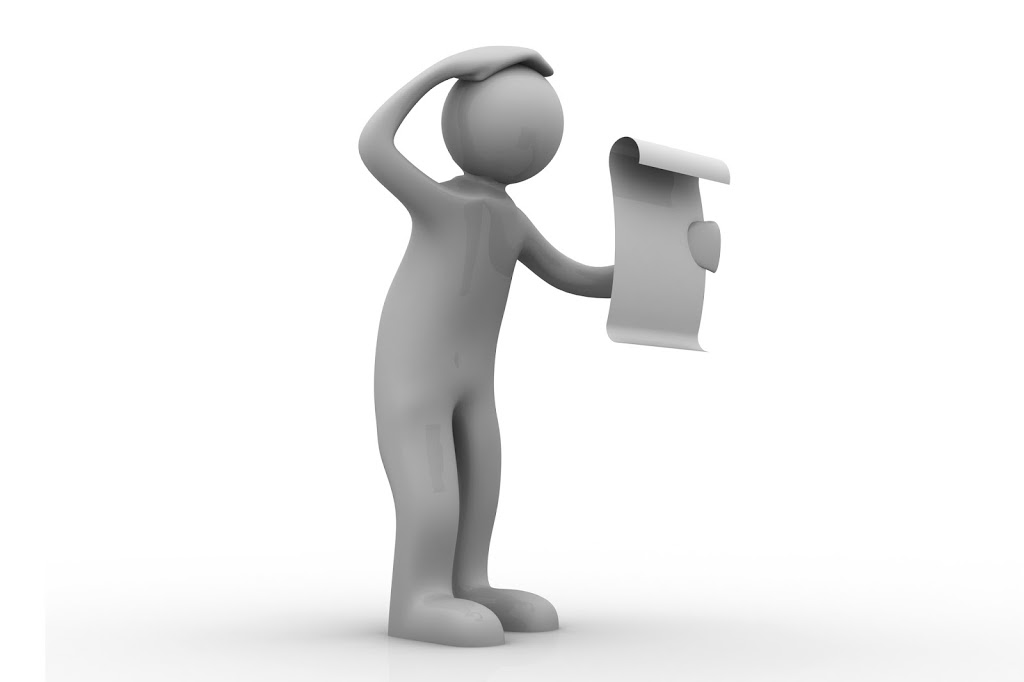One of the most asked questions we get in our workshops or from our coaching clients is “Can we use notes when giving our speeches?” We also often hear comments such as – you shouldn’t use notes when speaking – top professional speakers don’t use notes!
You will get many answers to that question and comment – especially given today’s comments on last night’s debate between Prime Minister Kevin Rudd and Leader of the Opposition Tony Abbott. Putting aside whether it contravened the rules of the debate – I believe Kevin Rudd’s use of notes highlights the importance of using notes effectively and indicates the impact of the use of notes can have on the effectiveness of a presentation.
There is no hard and fast rule on using notes. It depends on the situation and the presentation being given. If you are going to use notes then you need to use them effectively so that they do not detract from your presentation and your connection with your audience.
Many top speakers do use notes – especially in the form of a teleprompter or when giving presentations involving PowerPoint they can often use the laptop as their prompt.
Trischel’s recommendations on using notes:
- Keep them unobtrusive – to one or 2 pages
- Use big font
- Use dot points – you can speak to concepts – the dot points can then serve as a prompt for the next point in your message
- Position them where you can see them without breaking contact with your audience
- If you have more than 2 pages do not staple the pages together as you will be obvious when turning the page over
- If you are using notes at a Boardroom table and you are standing when speaking push the notes away from you slightly so that when looking down at the notes you are not looking straight down but only at a slight angle. This helps with your voice projection so that you are not speaking to the table with your head down. It also helps with reducing the amount of time you have loss of eye contact with your audience – it is not so obvious.
- Don’t use palm cards – the notes are too small, there is a risk of dropping them and they restrict the use of gestures. It is more obvious when you look down at the cards in your hand.
- Use notes when you have complex ideas, statistics or quotes that you want to ensure are correct
- Keep notes to a minimum
- If you can do your presentation without them do so – it allows you to make better connection with the audience and you appear more confident and in control.
If you use notes – use them effectively. Used properly they should not impact on your message or your presentation. However, as can be seen from last night’s debate – when you contrast one presentation with notes and one presentation without notes you can readily see the impact they can have. Tony Abbott’s presentation was more effective with the audience – it was more natural and there was more connection. Whilst Kevin Rudd’s use of notes was unobtrusive it was obvious that he was looking down and each time he did there was a disconnection with the audience which impacted on his effectiveness.
It can be better, especially as a new speaker, to use effective discrete notes rather than forget your presentation or get lost. As your experience grows you will find yourself more and more comfortable in giving presentations without notes.
Three questions you need to answer when considering the use of notes:
Will it impact on my presentation and my connection with the audience?
How important is it that I get my presentation and facts correct?
Is the situation conducive to my using notes effectively and unobtrusively?
Your answers will determine if this is an occasion where use of notes outweighs the advantage that not using notes and appearing more relaxed and in control gives you.
Trish from Trischel
www.trischel.com.au


